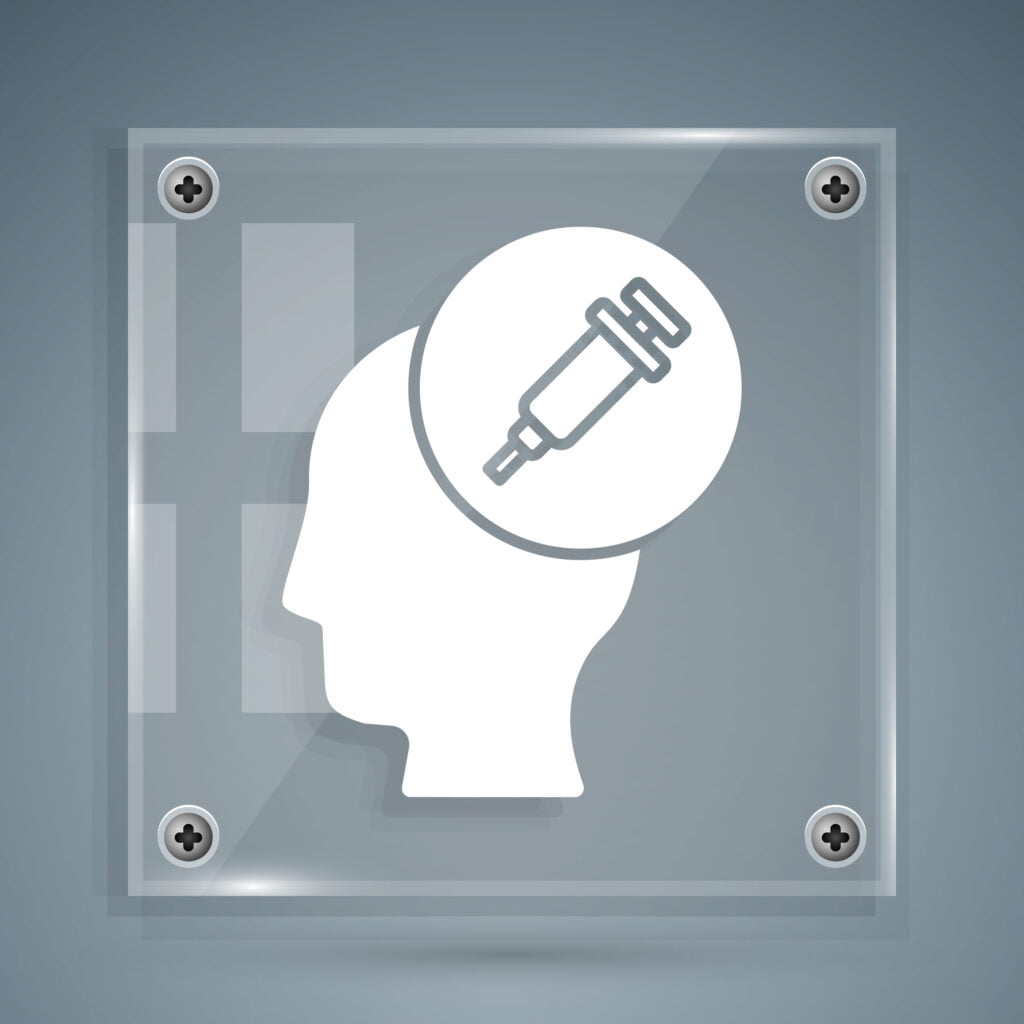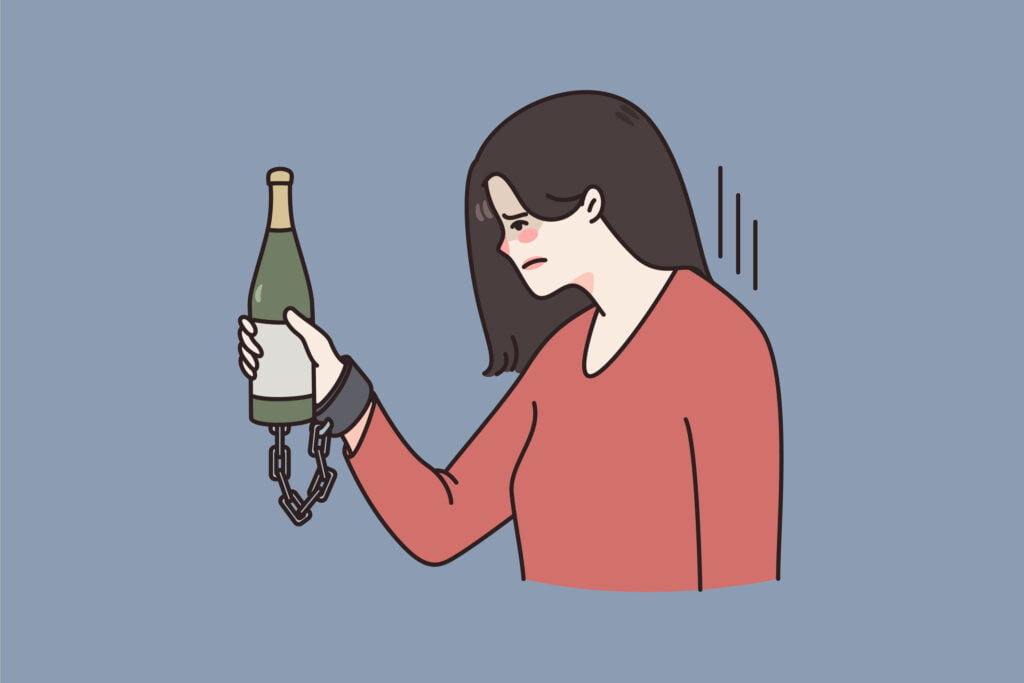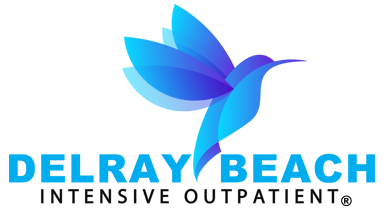The decision to seek intensive treatment for a substance abuse problem is not often an easy one to make, due to factors like the social stigma that surrounds addiction, the internal sense of guilt and shame that can come with addiction issues, and practical and financial considerations that can make committing to a treatment program difficult. However, seeking treatment also is often the best option available for breaking a dangerous pattern of substance abuse and getting someone back on the road towards recovery. Here are a few major signs to watch out for in yourself or your loved ones that could indicate that it is time to seriously consider intensive treatment.
1. You Continue To Abuse Drugs Despite Negative Consequences

One of the most important criteria that comes across in the DSM-V definition of substance abuse disorder (the medical term for what is colloquially called an addiction) is the idea of continuing to abuse a substance despite the fact that it is causing problems in your life, whether these problems occur in the domain of relationships, work or school, or in other areas of your life, and whether they are due to intoxication itself or the aftereffects of abusing certain substances.
For instance, if you are falling behind at your job due to days spent sluggish from hangovers or crashing from weekend stimulant abuse, or if you are regularly being reprimanded by a significant other for being too intoxicated to help out around the house but have made no attempts to cut back on your drug use as a result, you may need to reconsider the level of your dependence.
2. Your Substance Abuse Has Come To Dominate Your Life

Neglecting responsibilities in order to use substances is also a worrisome sign because it indicates that your addiction has taken a scarily central role in your life. If you are no longer interested in things that you once enjoyed because you would rather spend time getting high, you are constantly worried about when you will have your next chance to use, or are often preoccupied by cravings for your drug of choice, your level of psychological dependence on the drug is probably considerable.
This means that giving it up would be a difficult undertaking that might require professional intervention, and it also indicates that substances are clearly interfering with your ability to pursue your passions and to live up to your full potential.
3. Your Attempts To Stop Or Cut Back On Your Own Have Failed

Another key criterion when it comes to what differentiates a substance abuse disorder from a mere habit is the inability that severe sufferers show to simply stop or cut back on their own. Someone who drinks regularly and maybe even occasionally goes overboard but who has no problem stepping away from the substance if circumstances ever demand it probably does not need intensive treatment. But if all of your attempts to set limits with yourself fail, it may be worth reevaluating whether your relationship with substances warrants professional intervention.
This is even truer if the reason these attempts have failed is because you found the withdrawal symptoms that you were experiencing unbearable and are continuing to use drugs or alcohol mostly to avoid them. Withdrawal from some substances like benzodiazepines and alcohol can also even be fatal, and medical treatment for other forms of intense withdrawal like that often experienced from opioid drugs can make it far less physically excruciating.
4. You Are Regularly Putting Your Health And Safety At Risk

There are many ways that a pattern of substance abuse can pose a danger to your physical and mental health. First, there is the obvious risk of overdose, especially if another phenomenon called tolerance is also occurring. If you regularly need to increase your dose of your drug of abuse in order to experience the effects you are used to and feel dependent on, you are likely increasing your risk of overdose as you do, particularly with drugs like opiates that have a high risk of overdose to begin with.
Likewise, most substances of abuse come with substantial health risks if they are abused routinely. Alcohol, for instance, is associated with potentially fatal complications like cirrhosis and pancreatitis as well as with increased risk of dementia and of many cancers. There’s also the risk of getting into a car or other accident due to your intoxication, or of developing a physical dependence that could complicate your emotional recovery if you do not already have one.
5. Others In Your Life Have Confronted You About Your Addiction

Due to factors like denial or the impaired judgement that can come with frequent intoxication, sometimes you may not actually be the best person to judge whether or not your substance abuse is out of control. But if others in your life are concerned enough that you may have a problem that they took the difficult and emotionally fraught step of confronting you about it, it may be worth reevaluating your current habits.
And as for if you are the one concerned about someone else in your life that is showing signs of a dangerous spiral into addiction? Well, if you have reason to have stumbled upon this page, your loved one’s substance abuse problem is likely bad enough that it’s probably worth at least having a conversation with them about it. That can help you assess how many of the aforementioned warning signs may apply to them and their willingness to change their habits with or without formal psychological treatment.
But especially these days, when the risks of even casual illicit drug abuse are higher than ever due to an abundance of hyper-toxic drugs like fentanyl in the USA’s supply, it is far better to be safe than sorry when it comes to curtailing your drug use or that of a loved one.
To learn more about our intensive outpatient treatment program and how you can recover from an addiction in scenic Delray Beach FL, feel free to call us at 833.637.033 or to contact us online here.
